The Step-By-Step Guide To Healing Your Leaky Gut
“You’ve got intestinal hyperpermeability.” Umm, what? This condition, better known as “leaky gut syndrome,” is a result of chronic stress, poor diet, and bacteria that are
out of whack. Leaky gut shows up when the tight junctions in your intestines cease to function properly letting in all sorts of nasties that just don’t belong in your bloodstream.
Microbes, toxins, and bits of undigested food “leaking” from your gut can cause inflammation and a variety of diseases. Thankfully, we’ve found some ways to help mitigate this issue!
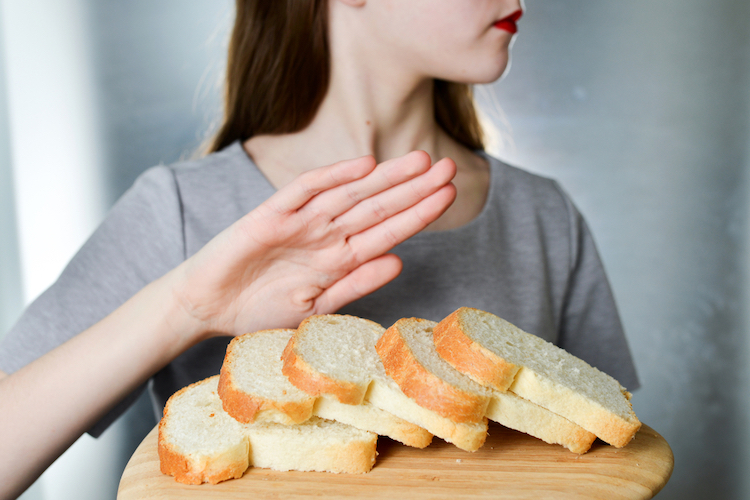
Gluten-Free Diet
Sensitivities to certain foods could be due to a leaky gut. As toxins enter your bloodstream, your immune system goes into hyper-drive and overproduces a number of antibodies, which in turn can make you feel awful. This is caused by the antigens in some foods, one of which is gluten.
Because gluten is difficult to digest, it pokes holes in your gut lining and raises the hormones that keep the tight junctions in check. Cutting out gluten-packed foods (like beer, bread, cereal, pasta, pizza, and baked goods) can dramatically help.
Intermittent Fasting
Whoa. What did I just say? Yes, fasting. While few relish the idea of cutting out solid food for a short period of time, intermittent fasting can really help heal your gut. Start slowly with fasting for a 12-hour period— say from 8 pm to noon the next day— then go to a 24-hour period.
This break from digestion gives your gut the time to rest and repair, as you won’t have food particles floating around where they shouldn’t be. Add nutrient-rich bone broth on your fasting days and you’ll speed up the process.
Let Go of Legumes and Grains
First I said no gluten (barley, rye, and wheat), and now I want you to get rid of beans, corn, lentils, oats, peas, peanuts, rice, and soybeans as well? Yes (sorry), because a month-long respite from these foods may be just what your leaky gut needs.
Your system will have some time to adjust to life without these foods, and when you add them back in on day 31, you’ll know immediately if they’re one of the culprits that are making you feel sick.
Say Hello to L-Glutamine
L-Glutamine is a supplement that your gut lining loves to absorb! It helps strengthen and heal damaged cells and tightens up the junctions so that the yucky stuff can’t pass through. Please talk to your doctor before beginning any sort of supplementation. Once you’re good to go, consider the following regimen (discontinue if you experience stomach upset):
Days 1-3: Build from 10g to 40g (split up into 5g doses taken on an empty stomach).
Days 4-5: Take 50g (split up as 5g per hour).
Days 10 and on: Go back to 10g.
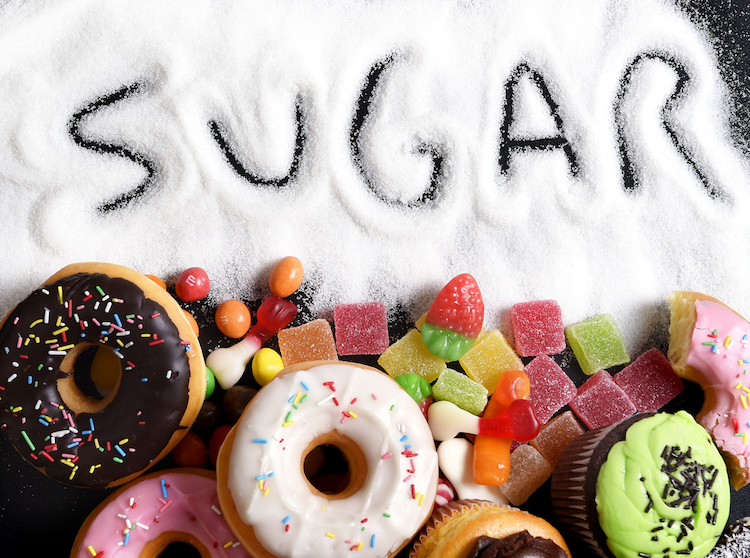
Big “NO” to Sugars and Dairy Products
I get it— I’m a meanie for even suggesting this one. But if you really want to fix your leaky gut issue, you must get rid of ALL sugars and dairy. Sugars can eat through your gut lining. Dairy contains casein, a protein in milk products that can really wreak havoc.
Neither is good for your progress toward healing your gut. This means sugars and dairy in all forms. Eliminate them from your diet for 30 days and then slowly add them back in. Gauge your body’s reaction to determine if these are foods that you can consume and feel healthy.
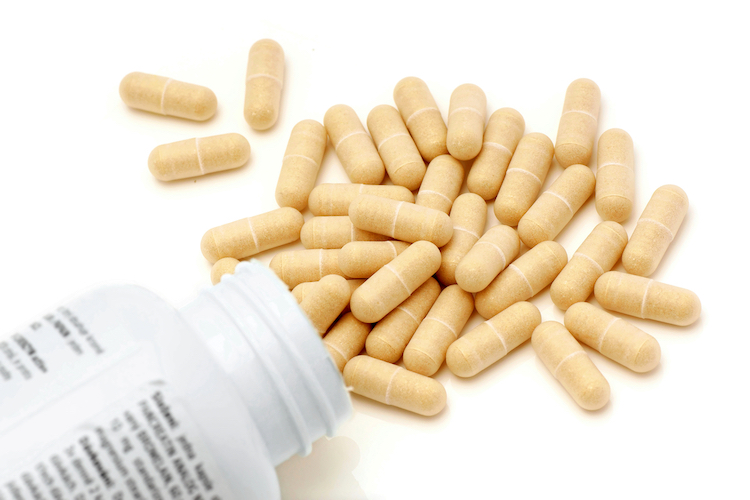
Take Digestive Enzyme Supplements
Digestive enzymes are really useful for those suffering from a leaky gut because they break down foods into the individual nutrients your body needs. By taking a couple of broad-spectrum digestive enzymes with every meal, you’ll enable your body to take in the amino acids, minerals, and vitamins that make you healthy and strong.
Because digestive enzymes break down foods, you’ll have smaller food particles in your body— less to leak out of your gut, and less inflammatory response. And as you know by now, less inflammation leads to faster healing.
Switch to a Gut-Friendly Diet
You’ve heard it before. Eat more organic veggies and low-sugar fruits, organic grass-fed meats, wild seafood, and organic nuts. Do you know why this is important for healing your gut? Because conventional foods contain pesticides that are poison for your body.
Not only that but eating nourishing whole foods free from additives means less gunk for your body to try and process. A note of caution here: nightshades can exacerbate leaky gut inflammation for some. Consider researching if you suspect they’re causing you harm.

Prioritize Sleep
Your body repairs itself when you sleep, so get at least eight hours per night. Establish a nighttime routine: sticking to the same hours of sleep and having your bedroom ready for sleeping only.
Get rid of electronics and light disturbances (even your alarm clock light can mess with you) and add in meditation or reading to make you ready for some good ol’ fashioned sleep. Bottom line— if you aren’t sleeping well, you aren’t going to repair damage in your body.
For a Month, Break Up with Alcohol
Alcohol has lots of yeast and sugar, both of which aren’t good for your gut. It also decreases your secretion of pancreatic digestive enzymes (causing digestive issues) and prostaglandin (decreasing your ability to control inflammation), and it causes the openings in the lining of your gut to get bigger.
Take a break from alcohol for at least 30 days, and when you add it back in occasionally, leave beer off the list. Time to say, “It’s not me, it’s you, alcohol.”
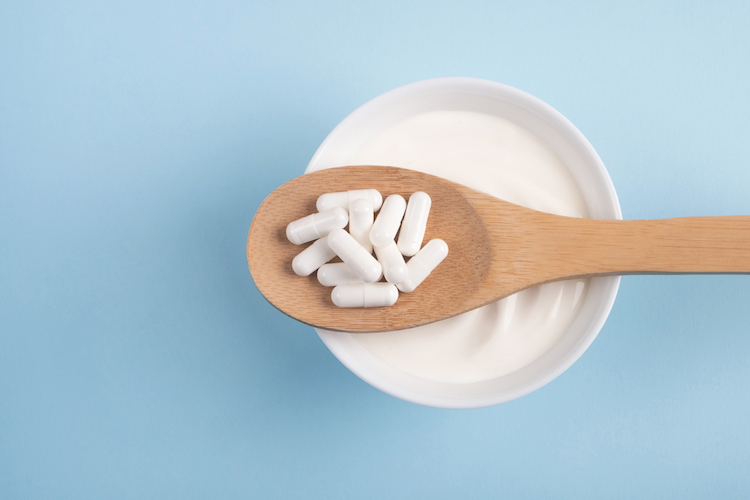
Take Probiotic Supplements
Probiotics can help repair leaky gut devastation in a very simple way. Quality probiotics promote the growth of healthy bacteria in your gut by fighting off bad bacteria and yeast overgrowth.
Look for ones with multiple strains of bacteria and prebiotics, and be sure to take one with at least 50 billion CFUs. You can also eat fermented foods like sauerkraut and kimchee— both fantastic whole-food probiotics.

Introduce Herbal Tea to Your Morning
Buzzkill warning: coffee really, really messes with your intestinal lining. Even decaf can cause adrenal fatigue and increased inflammation, and because your body reacts to coffee like it’s gluten, you’re getting the response it would give to that leaky-gut-causing bad boy.
Try weaning off of coffee by starting with yerba mate for a week or two, then tapering to yerba mate + herbal tea, then just herbal tea. Once you’ve been off the joe for a month, you may treat yourself to the extremely rare cup of coffee.
Abdominal Breathing Technique
I felt a little silly the first time I did this, but once I realized it worked, I was all in. Take a few minutes before you begin eating to slowly breathe in and out from your abdomen. Try placing a hand on your belly to feel the rise and fall of it as you breathe. This sharpens your attention and decreases your stress, equaling better digestion.
Once you’ve settled into the technique, be mindful of the speed at which you eat. Slow down if you’re shoveling it in. When finished with your meal, do another round of deep breathing.
Make Sure Your Food is Well-Chewed
Chewing creates saliva, and saliva in your mouth generates digestive enzymes. To achieve this, chew each bite of food around 20 times before swallowing it.
By doing this, your food will be in smaller bits, which are easier to absorb and will finally give your leaky gut the break it deserves.
Processed Vegetable Oils are Not Your Friend
Processed oils like canola oil, corn oil, soybean oil, and anything marked “vegetable oil” contain high levels of omega-6 polyunsaturated fats. In excess, these fats cause inflammation.
Swap out your old-school veggie oil for delicious coconut oil, ghee, or extra-virgin olive oil for cooking. Try avocado oil for cold dishes or as a topping for hot ones.
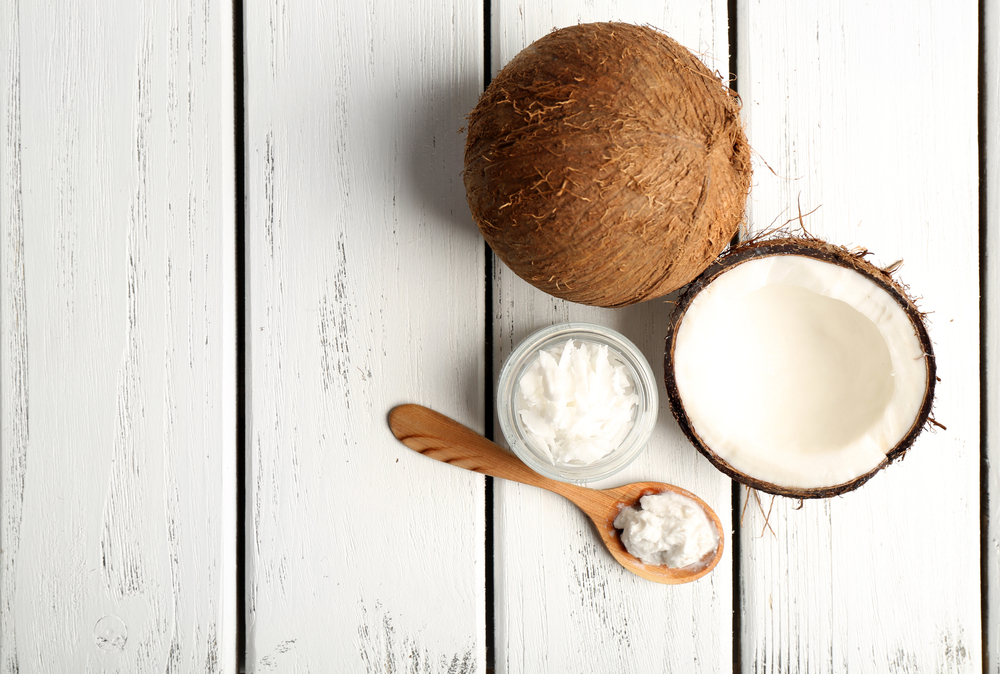
Eat Coconut
Coconut has medium-chain fatty acids, which are high in antimicrobial properties that lessen bad bacteria and yeast in your gut. Coconut also contains good-for-you saturated fats and can be found in many enticing forms.
Chocolate coconut water post-workout? Yes, please! Cooking with coconut oil is delightful, as it has a high smoke point and a rich, savory flavor. You can also add coconut milk to smoothies or gluten-free cereal.
Eat Prebiotic Foods
We’ve talked about probiotics, but prebiotics are a special fiber that feeds the good bacteria in your gut. Eating good greens like broccoli, spinach, and cauliflower will help your gut immensely.
Raw garlic, raw onion, raw Jerusalem artichoke, and raw leeks are also great sources of prebiotic fiber. Add raw chopped garlic, sea salt, black pepper, and some organic parsley to your favorite olive oil and drizzle it as a sauce on a grass-fed beef steak. Yummy!
Get Your Gut Screened
Time for a gut check! Chat with a functional medicine doctor if you’re having gut issues to eliminate other possible problems like a parasite or an overgrowth of candida (yeast).
Functional medicine doctors specialize in looking at your environment to determine what might be causing distress in your endocrine (hormones), gastrointestinal (gut), and immune systems.
Make Your Meals Small
And eat them more often. Four to five small meals per day, as opposed to three larger ones, can really help your leaky gut. Additionally, cut all processed foods out of these meals and your diet as a whole.
Try eating breakfast with good fats and proteins, followed by a mid-morning snack of nuts, a balanced lunch, an afternoon snack, and a dinner consisting of protein, good fats, and veggies.
Avoid Foods with Additives
Even if you don’t think you have leaky gut syndrome, avoid foods with additives. Believe me, your entire sense of well-being will thank you. Foods that are high in refined sugars, refined flours, and additives (aka chemicals) are simply not good for a healthy gut.
These types of food increase inflammation and don’t provide you with the good fuel your body needs to function well.
Consider Gut Supplements
Specifically colostrum, licorice root, slippery elm, and zinc. Colostrum reduces inflammation, slows down overreactions in your immune system, and heals your intestinal lining. Licorice root has anti-inflammatory properties, helps with acid production, and takes care of the mucosal lining in your digestive system.
Slippery elm promotes mucus secretion to soothe away intestinal irritation. (Licorice root and slippery elm can be found in L-Glutamine powders.) Zinc also stimulates mucosal secretion.

Allow Yourself to De-Stress
Stress, especially the chronic kind, not only messes with your head, it packs a punch to your gut. It can cause poor digestion, leading to inflammation and the inability to fight off bad bacteria. Since work can be a major stressor, start there.
Learn to say no to co-workers, take a walk during lunch, get rid of email on your phone (I know, I know), listen to relaxing music during the day, and take at least 20 minutes to disconnect from work once you arrive home. Play with the dog, meditate, watch some cat videos, or do a quick workout.
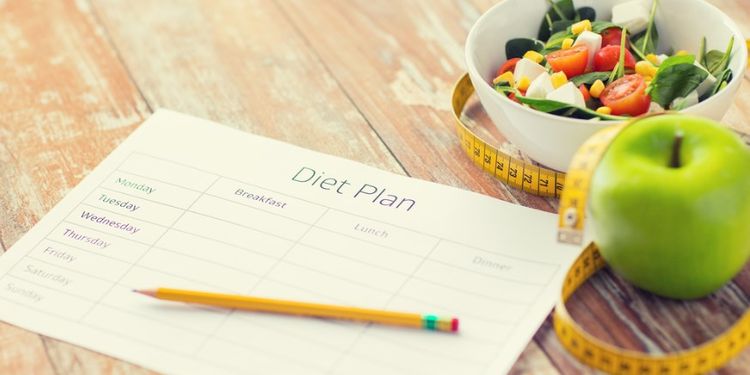
Time to Retest and Make Your Own Diet Plan
After cutting out gluten, dairy, sugar, and legumes, you might want to add one group back at a time to see how your body responds. Any returning leaky gut symptoms will definitively tell you which foods aren’t for you. Anything that seems to work (if it’s healthful and delicious) should stay on the menu.
Fixing your leaky gut doesn’t mean you’ll never eat well again. In fact, quite the contrary. Enjoying life with a healthy gut and tasty, nourishing food is a sweet deal indeed.
